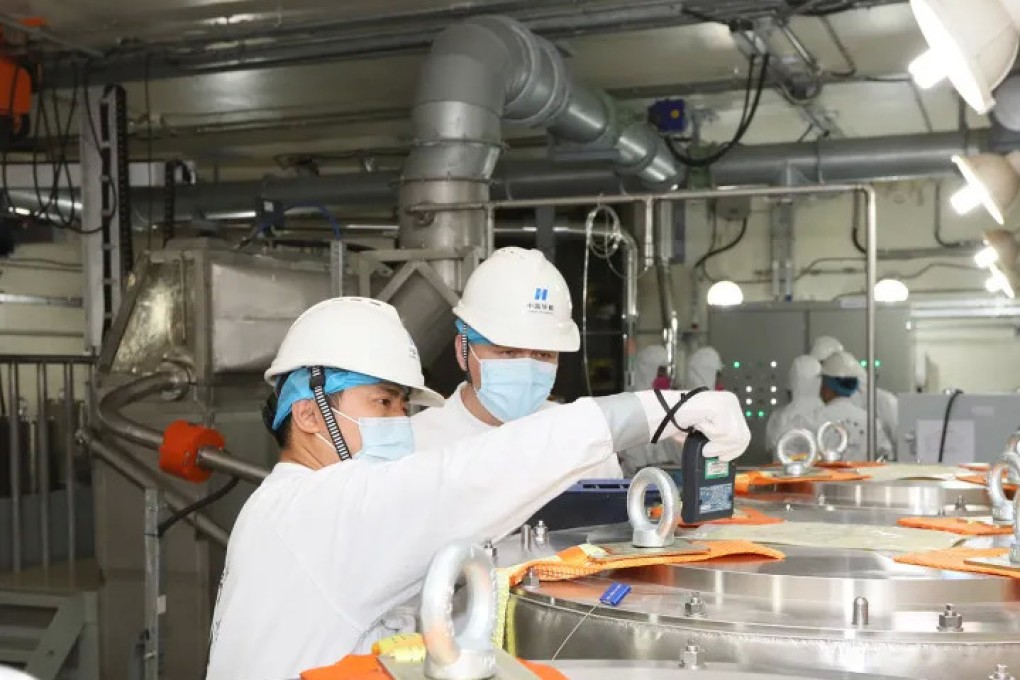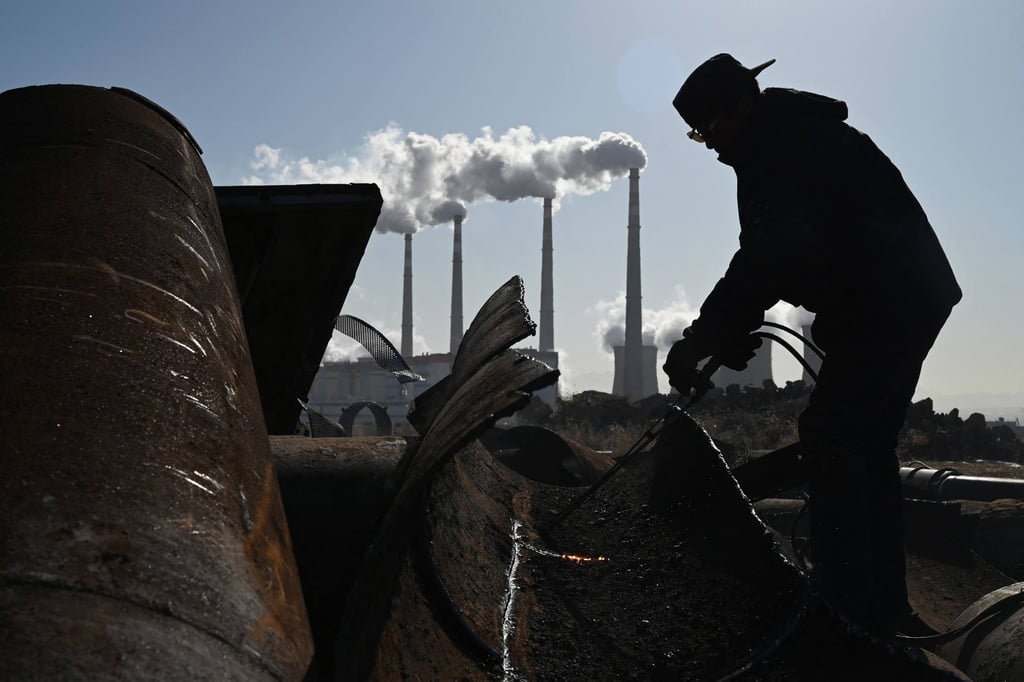Editorial | War in Ukraine gives a further reason to produce more nuclear power
- Russia’s invasion has resulted in a surge in oil, gas and coal prices and raised the possibility of reduced or even cut off supplies.
- The crisis shows moving away from fossil fuels is as important for reducing emissions behind global warming as ensuring stable power supplies

China’s unwavering faith in producing electricity from nuclear power gives it a leading edge in meeting climate change targets. The nation’s ambitious plans to dramatically boost installed capacity while promoting advanced technologies and researching scientific breakthroughs put it in the forefront of the world’s efforts to reduce use of fossil fuels.
But the global crisis threatened by the surge in oil, gas and coal prices following Russia’s invasion of Ukraine gives further reason to forge ahead. The goal of a responsible government should be to generate energy that is safe, secure and clean.
Under guidelines recently announced by the National Development and Reform Commission and National Energy Administration, Beijing will push resolutely ahead with nuclear reactor construction and development, aiming to boost nuclear power generation from 50 gigawatts to 70 by 2025.
Plans call for more demonstration projects to promote technologies like high-temperature, gas-cooled, reactors, small modular units and floating plants.

Nuclear fusion is also on the agenda; in January, Chinese scientists announced a breakthrough, raising hopes of one day building reactors that produce abundant, inexpensive electricity and leave little radioactive waste.
China presently has 53 reactors, the third most in the world behind the United States and France, producing about 5 per cent of national power needs.
